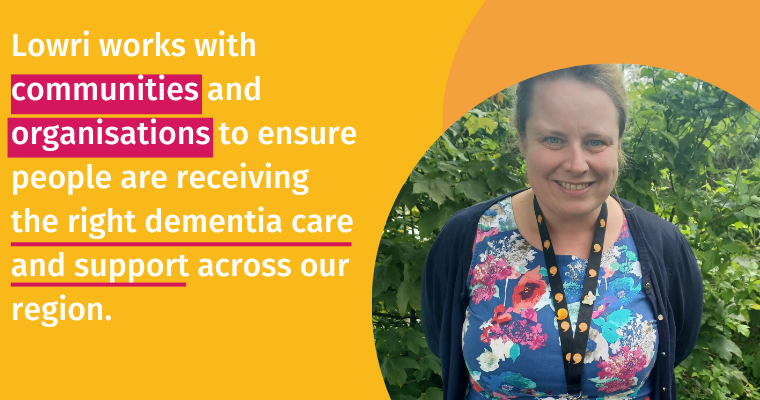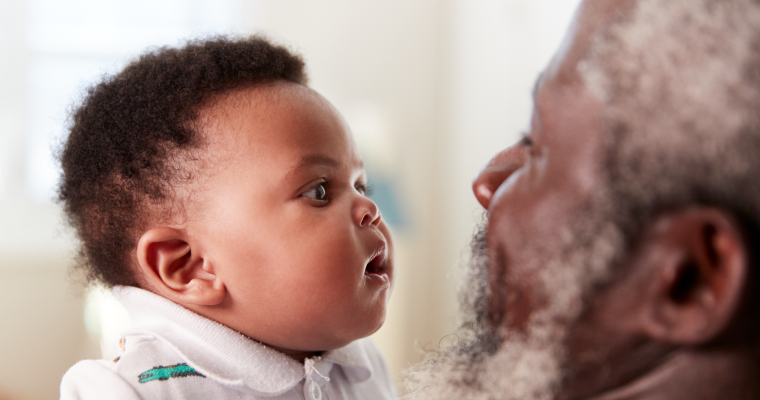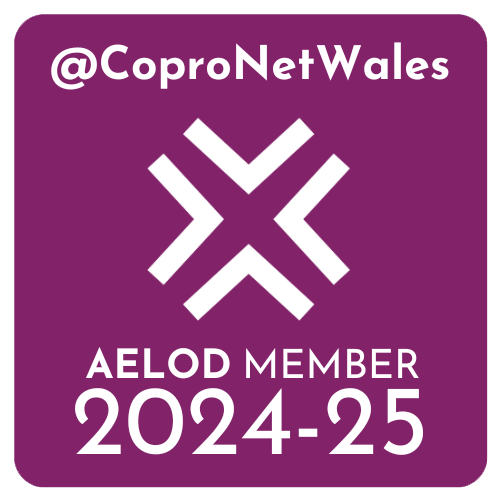
When you first start noticing something isn’t quite right.
We often say ‘when you know one person with dementia, you just know one person with dementia’.
Everyone’s experiences and journey with their diagnosis is different. However, it’s important to make that first step in seeking help as soon as you can.
Whilst it’s true people do experience memory loss, it’s important to remember that there are other symptoms to keep an eye out for. These can include difficulty performing familiar tasks, problems with language, changes in mood and behaviour or withdrawal from work or social activities.
A useful symptom checker is available here.
If you are worried about yourself or a loved one, then it is really important that you consult a GP.
Although the process of getting a diagnosis can differ across our region of Merthyr Tydfil, Rhondda Cynon Taf and Bridgend, GPs will be able to listen to your concerns, and advise on next steps.
Pontypridd GP, Dr Vicky Whitbread, gives an idea of the signs and symptoms a GP may ask about here.

What happens next?
If your GP thinks it is necessary, a person may be referred to a Memory Assessment Service or to memory specialists.
The team will undertake some tests to check for signs of dementia.
There may be a need to have blood tests, an ECG or brain scan, to help determine what type of dementia someone may have and the best way to treat this.
Occupational Therapists may also want to chat to the person to see how they are managing day to day.
While the process to diagnosis can be scary, it will help identify the right support and treatment to help the person live with their dementia.
To help the person as much as possible, the medical team may talk to them about their interests and day to day life. This will help identify what matters to the person going through this process and how they want to be supported moving forward.
There are lots of organisations out there who can help offer information and advice and connect people going through the same experience together. The people involved in the diagnosis should be able to help the person connect with them.
Dr Whitbread, Hayley Wright, Clinical Nurse Specialist for the memory assessment team in Rhondda, and Claire Maher, Clinical Nurse Specialist in the Taf area, explain more in this film.

You and your family
People have told us a dementia diagnosis affects not only the person with dementia but also their entire family.
For families, it can be hard adjusting to the new normal and thinking about what the future holds.
Local authorities and charities offer support for carers. Following diagnosis, the first step is to ask the medical team for information on local services that can help.
Getting the support you need
Getting the right support can make a real difference to a person, and their family’s experience of dementia.
There are a range of support options available. These include dementia advisors, day centres, respite care, memory clinics, not to mention community groups where people can meet others like them, have a chat and most importantly have fun.
There are a number of organisations that can help you to understand what support is available, including financial assistance.
Across our region these include organisations such as Alzheimer’s Society, Age Connects Morgannwg and Citizen’s Advice Bureau alongside local authorities support and Memory Services workers provided by the health board.

Promoting awareness and reducing stigma
Dementia is still seen by some as a condition that needs to be kept secret.
People can feel very alone and lost when first diagnosed, and it can be hard to know how to adjust to a different way of life.
We are working hard to create more dementia friendly communities.
Alongside initiatives such as Dementia Action Week, we are encouraging people to become involved in our work to improve dementia care and support.
As part of our ‘enhancing lives by raising standards and improving dementia care’ campaign, we are looking to engage with our communities to understand their journeys and come together to create solutions to the barriers they have faced.
People are not alone, and there is support out there.
We’d like to hear your story and ideas so we can make things better in the future.

We are proud to be members of
Co-Production Network for Wales.
We are proud to be members of
Co-Production Network for Wales.
